We’re springing into 2024; there’s so much that’s kept us upbeat thus far; weather, the upcoming election and Mr Modi’s yatras, the internet, Deepika-Ranveer’s baby, Raha’s first appearance for the paps, the Ambani-Merchant pre-wedding lockdown and unusual heat some parts of our country saw. But to remain literate is an important human job, so we bring us back to books that have held us three months into this year. Here’s what we’ve got on women authors trailblazing their way along:
Sohini Chattopadhyay of ‘The Day I Became a Runner’’
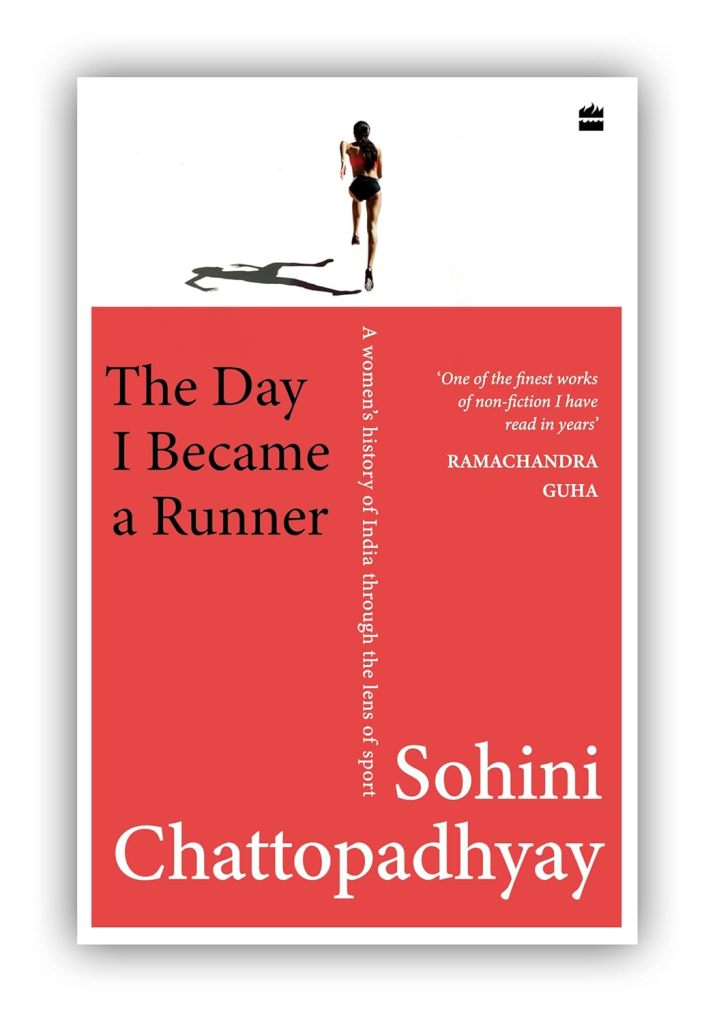
Sohini Chattopadhyay’s ‘The Day I Became A Runner’ is an astounding and powerful debut. The author is not just invested in the story of Indian female athletes, but that of a young and growing India. At the core, she wants to tell the history of a republic through these women—each of the athletes she has profiled represents around eight decades of the country since independence. Hence, what appears at first as a brilliantly researched and finely documented journalistic piece of work, becomes a story that’s as much political, intertwining a nation’s tryst with its women and how they occupy space on track and otherwise. Her writing is visceral, sincere, and brimming with personal anecdotes. The author weaves the story of woman in her own family to make a case for the sheer liberating act of running.
Janika Oza of ‘A History of Burning’
It’s about an Indo-Ugandan family, it spans continents and a century, it’s beautifully complex yet a pleasure to read for how every word is etched marking its territory like the book itself displacing, settling and displacing again. It spans Uganda, India, England and Canada and is remarkable for a debut effort at historical fiction leaving you spellbound with every word of how family dramas drape. She writes of the process, “I was thinking deeply about what it means to be connected to place, what it means to be connected to the land, and to know the smell of the soil, the colour the dirt takes on after it rains and then to be somewhere [where] that is no longer the case.” She transports us through this exact image through this book beautifully.
“At night, they kept each other alive with stories,” Oza writes. “Sitting close enough to the fire that their hairs singed, they told tales of their homes, their pasts, their tentative futures.”
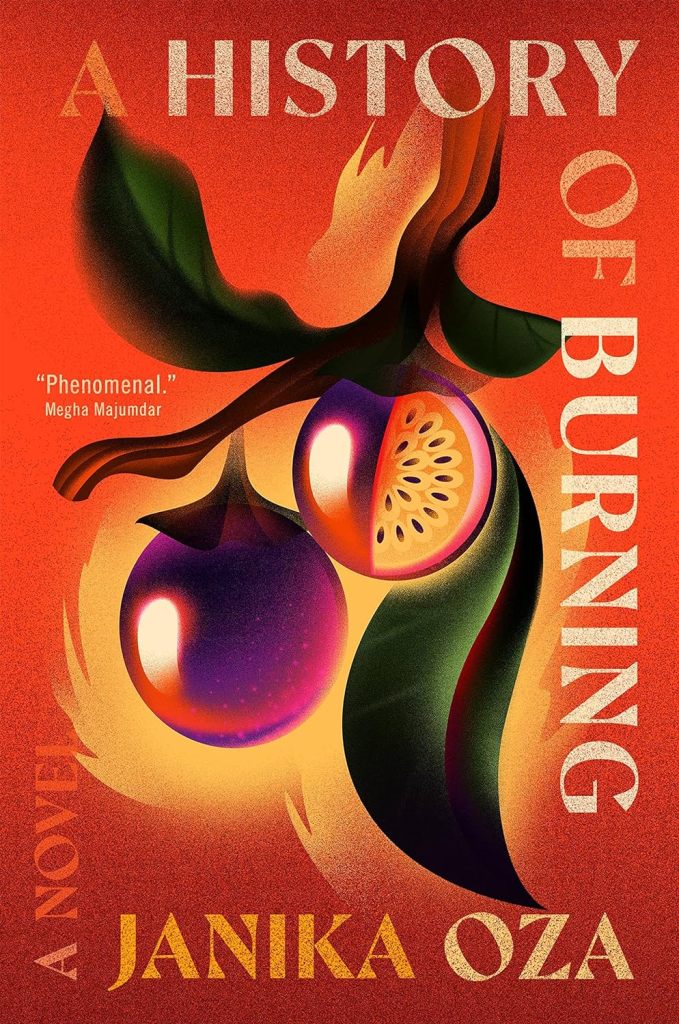
Devangana Mishra of ‘26, Kamala Nehru Ridge, Civil Lines, Delhi’
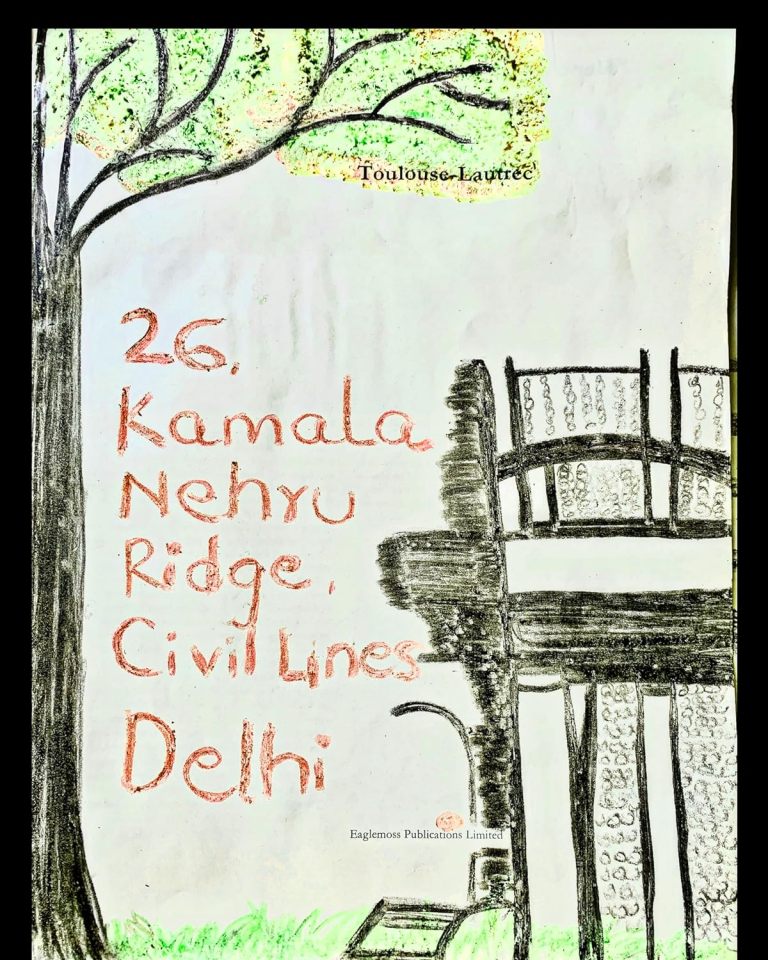
Devangana has a tact with how she uses verse and art and poetry to open doors and windows and ideas and honesty so complex it’s hard to tell if it’s easy or difficult, the words she writes lovingly leave us holding on to every one of the few pages we’ve read thus far. She wrote a debut book of poetry, Desierto Florido, which got lost in the piles. Still, this one is a must-buy to flow through a Muslim girl’s journey through religions and splitting India of 1947, a pivotal time in Indian history. She meanders us through many moods with every verse she writes,” Zara watched them through her glass mug, ink silhouettes in brown water, nothing more, misshapen by one flick of her finger then figures of gravity and honour in an instance. Under duress newspapers were replaced with toilet paper, Copenhagen must have been the first city to introduce those in their lavatories she thought, Zara learned to read big words, Mountbatten, Ali Jinnah, Lahore, Pakistan, the land of guru-purab and inqilab, barred sights from The Berlingske and more” A short read, raising voice and goosebumps, important for the political year we’re currently at.
Smriti Ravindra, of ‘The Woman Who Climbed Trees’ is
A beautiful, haunting family saga that explores loss, sexuality, and what stories do. As we follow the troubled life of Meena, and later her daughter Preeti, we see the devastating loss of choice that women face, the many disappointments of life, and how people are often bound together not just through happiness, but also tragedy and spite. We see the escape that stories provide, the comfort, and how memories are so often coloured by myth, by a longing for what could have been. Through every woman discussed in this novel, a new dimension is added to the overarching story, the themes of loss and grief, of unrequited love, which makes a gorgeous parallel to the beaches of a tree, promising release and secrets within its heights. This is a fantastically compelling debut.
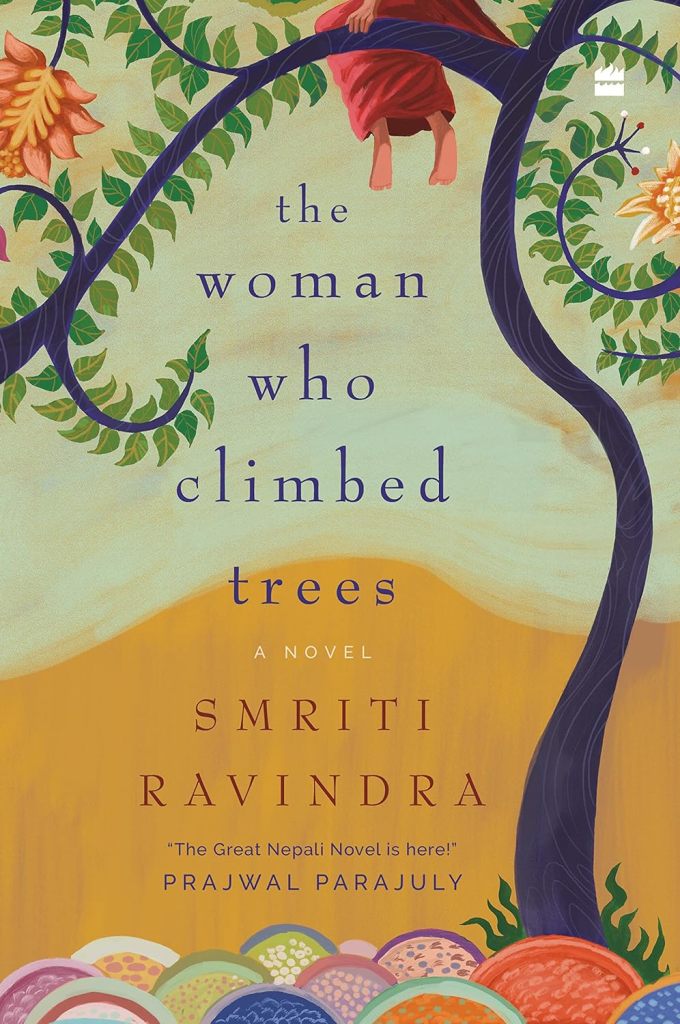
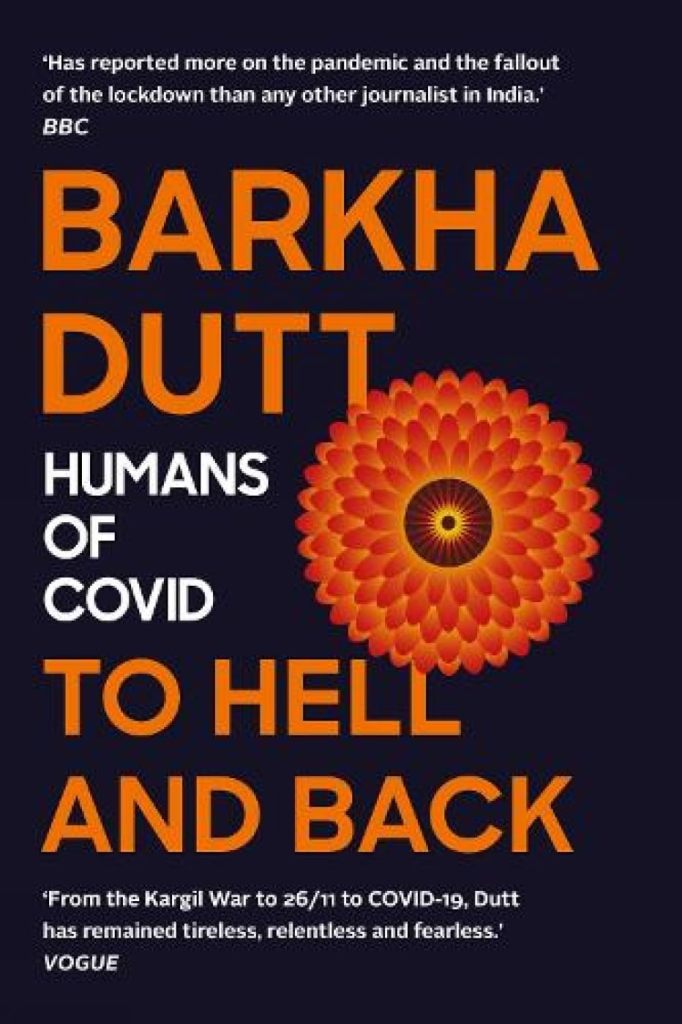
Barkha Dutt, of ‘Humans of COVID’
Last but not least, the evergreen, omnipresent, everyone-beloved, Barkha Dutt, but what few people associate her with is her poignant, sharp, intelligent, lived writing. Barkha Dutt’s book, Humans of COVID: To Hell and Back, is about the people she met on the road over two years of covering the pandemic for her digital media platform, Mojo Story. Barkha writes about the truth of India, there’s very little we see there’s a cry from the dead and begging from the alive and how it all pronounces even more when there’s death plaguing every corner of the country. Barkha tears our country’s fabric apart as she speaks of death she saw at hands and desperation and financial failure at all levels, few would’ve seen or bothered to understand.
Shared by: Priyanka Shah, A mompreneur and freelance writer




